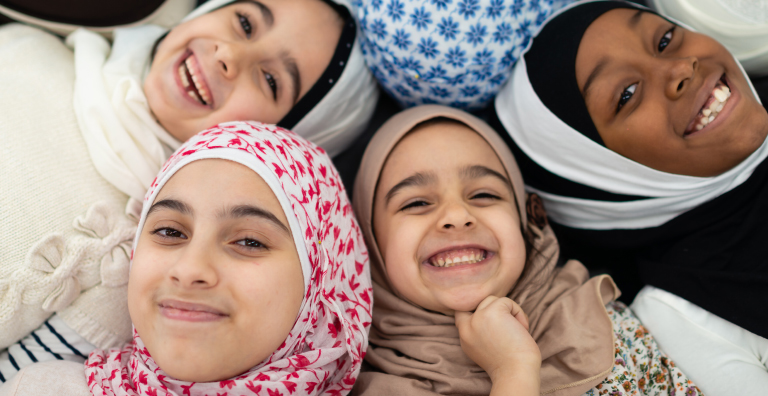International Women’s Day and the Equal Right to Identity
What is International Women’s Day?
International Women’s Day (IWD) is celebrated globally on March 8 honoring women’s social, economic, cultural and political achievements. The history of International Women’s Day began more than a century ago. In 1908, more than 15,000 women marched through the streets of New York City demanding the right to vote, shorter hours and better pay. Since that time, International Women’s Day has marked a call to action for gender equality, joined by worldwide activities and supported by international organizations such as the United Nations (UN).
The theme for International Women’s Day 2022 is Break the Bias, a theme which is critical to a world that is diverse, equitable and inclusive. However, the conversation is not complete without highlighting identity as a foundational element of women’s equality.
Breaking the Bias and Pursuing Goals Without Barriers
We face discussions around gender inequality in all layers of economic, political or social life, centered either around the development of a career, equal pay, or having equal rights and access. Today, as the world celebrates International Women’s Day, we want to refocus the discussion to where it all begins: the equal right to identity.
Identity is the Key to Participation and Access
Being able to prove one’s identity is the key to accessing many aspects of civil, political, and economic life – not only for girls and women, but for every individual. These rights include traveling, voting, gaining access to health and social welfare services, obtaining a job in the formal sector, opening a bank account, borrowing from a financial institution, and owning a property or a business. Especially for women and girls, legal identity is a steppingstone to empowerment, agency and freedom of movement.
The Gender Gap is Real
Here are some more examples of how the access to identity differs because of gender:
- In the past, obtaining an Afghan electronic national ID card required a married woman to provide her husband’s name when applying for the card. Non-married women were not able to apply.
- In Benin and Namibia, a married woman must present a copy of her marriage certificate when applying for a national ID card, while the same is not required for married men
- In Oman, it is optional for women to have an ID card, while it is obligatory for men
- In Yemen and Sudan, a married woman may be added to her husband’s passport instead of receiving her own document
- in Burkina Faso’s election of 2010, a birth certificate was required for voter registration which, for those who did not already possess one, required two witnesses such as a mother and midwife to vouch for their birth in the country. This is harder to obtain for women because they, unlike men, leave their birth villages when they marry and, as a result, female voter registration was overwhelmingly low.
How Crisis Impacts the Gender Gap
The disruptive effects of the coronavirus/COVID-19 are many. But countries with trusted and fully inclusive identification systems are better equipped to disburse relief payments quickly and securely. The World Bank has found that there is a connection between the ease of obtaining an identity card and the amount of loans that were given to women.
When women can easily obtain an identity card, they are more likely to borrow money from a financial institution, which contributes to a more stable society. In economies where women can obtain identification documents in the same way as men, they are more likely to apply for loans. Access to financial tools and resources is crucial for women entrepreneurs to start a business and keep it running, not only during but also after a global crisis. The gender gap for the unregistered population has been found to be particularly great in low-income countries where it often correlates with legal barriers.
Join the Participation in International Women’s Day
We are proud to support International Women’s Day in its mission to create a gender equitable world. Our collective action makes International Women’s Day an important occasion in the ongoing campaign for human rights. We encourage you to join us in raising awareness for International Women’s Day and the need for women’s equal access to identity.
